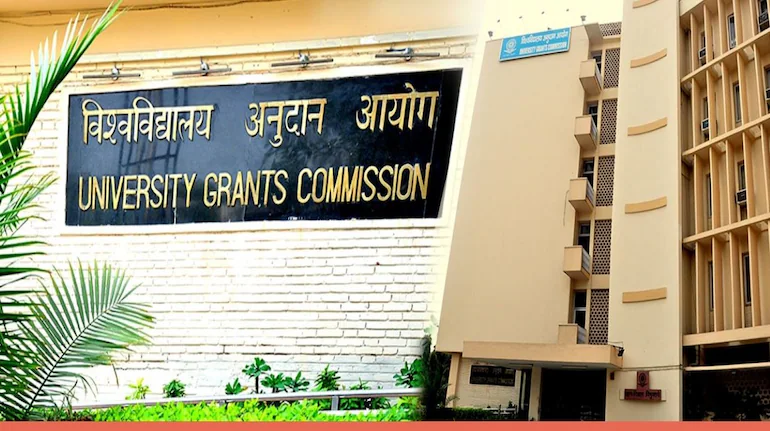Universities Allowed to Offer Admission Twice a Year, Following Foreign Varsity Model
The University Grants Commission (UGC) has recently announced a significant policy shift allowing Indian universities to conduct admissions twice a year, similar to the practice followed by many renowned foreign universities. This move aims to enhance flexibility and cater to the diverse needs of students across the country.
Why this News is Important
Enhanced Flexibility in Academic Calendar
The UGC’s decision to permit bi-annual admissions introduces a flexible academic schedule, aligning with global practices seen in reputed international universities. This adaptation acknowledges the varied timelines and preferences of students, allowing them to choose the most suitable academic entry points.
Improved Accessibility and Inclusivity
By offering admissions twice a year, universities can potentially accommodate a broader spectrum of learners, including those who may have missed traditional admission deadlines due to various reasons. This inclusivity promotes equal opportunities for education, addressing socioeconomic and geographical disparities.
Historical Context:
Evolution of Admission Policies in India
Historically, Indian universities have followed a rigid academic calendar with annual admissions. This approach, while traditional, often posed challenges for students seeking flexibility in their educational journey. The UGC’s decision marks a significant departure from this conventional model, inspired by successful practices observed in international higher education systems.
Key Takeaways from “Universities Allowed to Offer Admission Twice a Year”
| Serial Number | Key Takeaway |
|---|---|
| 1. | Increased flexibility in academic admissions. |
| 2. | Potential to attract a more diverse student body. |
| 3. | Alignment with global educational standards. |
| 4. | Opportunity for students to better plan their academic careers. |
| 5. | Enhanced competitiveness among Indian universities. |
Important FAQs for Students from this News
Q1: What is the significance of the UGC’s decision to allow universities to offer admissions twice a year?
- This decision aims to provide flexibility to students and align Indian higher education practices with global standards.
Q2: How will bi-annual admissions benefit students?
- Bi-annual admissions will allow students more options and opportunities to start their academic journeys, accommodating varying schedules and preferences.
Q3: Will all universities in India be required to adopt bi-annual admissions?
- While the UGC has permitted universities to adopt this model, it is not mandatory, and implementation may vary across institutions.
Q4: How might bi-annual admissions impact the academic calendar of universities?
- It could lead to a more dynamic academic environment with increased flexibility and potentially better resource utilization.
Q5: What challenges might universities face in implementing bi-annual admissions?
- Challenges may include logistical adjustments, synchronization with existing academic structures, and ensuring equal opportunities for all students.
Some Important Current Affairs Links


















